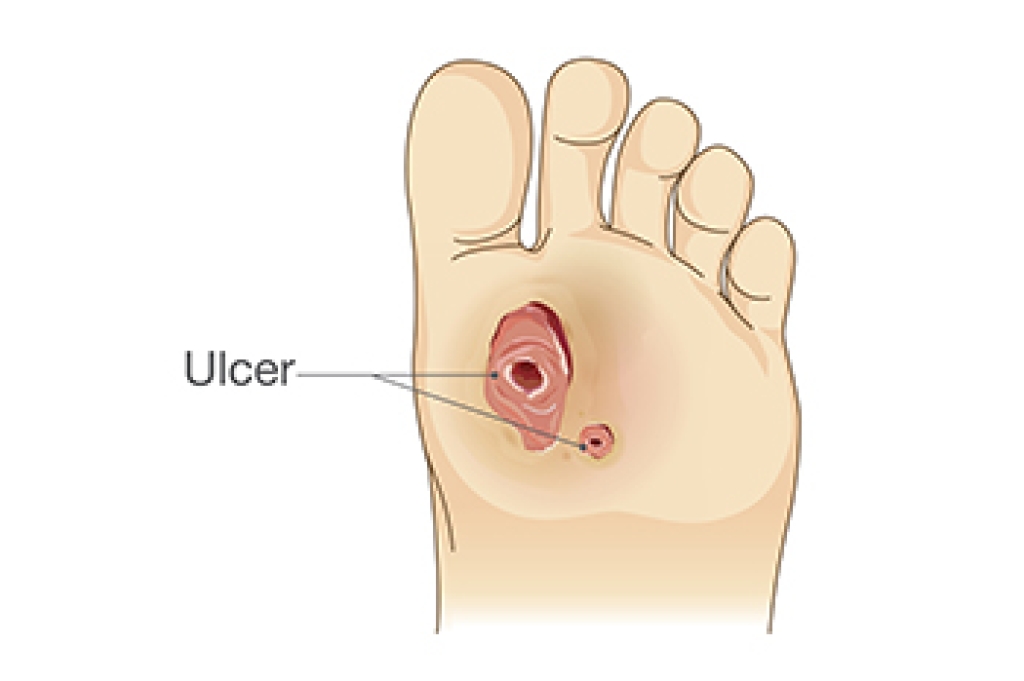
An ankle sprain can weaken muscles and reduce joint control, making exercises an important part of recovery. Gentle range of motion movements, like slowly drawing the alphabet with the toes, can help restore mobility without placing excess stress on healing tissues. Stretching the calf muscles may reduce stiffness around the ankle and improve flexibility while walking. As strength improves, controlled exercises like heel raises help rebuild stability by engaging the muscles that support the ankle joint. Balance activities, including standing on one foot, are often used to improve coordination and reduce the risk of repeat sprains. These exercises should progress gradually, since pushing too quickly may delay healing or cause further injury. A podiatrist can evaluate ankle stability and recommend exercises that match the stage of recovery, while monitoring for ligament damage or joint problems. If you have sprained an ankle, it is suggested that you make an appointment with a podiatrist for an exam, treatment, and exercise options.
Ankle sprains are common but need immediate attention. If you need your feet checked, contact Raul Hidalgo DPM from South Texas Foot & Ankle Care. Our doctor can provide the care you need to keep you pain-free and on your feet.
How Does an Ankle Sprain Occur?
Ankle sprains take place when the ligaments in your ankle are torn or stretched beyond their limits. There are multiple ways that the ankle can become injured, including twisting or rolling over onto your ankle, putting undue stress on it, or causing trauma to the ankle itself.
What Are the Symptoms?
- Mild to moderate bruising
- Limited mobility
- Swelling
- Discoloration of the skin (depending on severity)
Preventing a Sprain
- Wearing appropriate shoes for the occasion
- Stretching before exercises and sports
- Knowing your limits
Treatment of a Sprain
Treatment of a sprain depends on the severity. Many times, people are told to rest and remain off their feet completely, while others are given an air cast. If the sprain is very severe, surgery may be required.
If you have suffered an ankle sprain previously, you may want to consider additional support such as a brace and regular exercises to strengthen the ankle.
If you have any questions please feel free to contact our office located in San Antonio, TX . We offer the newest diagnostic tools and technology to treat your foot and ankle needs.




